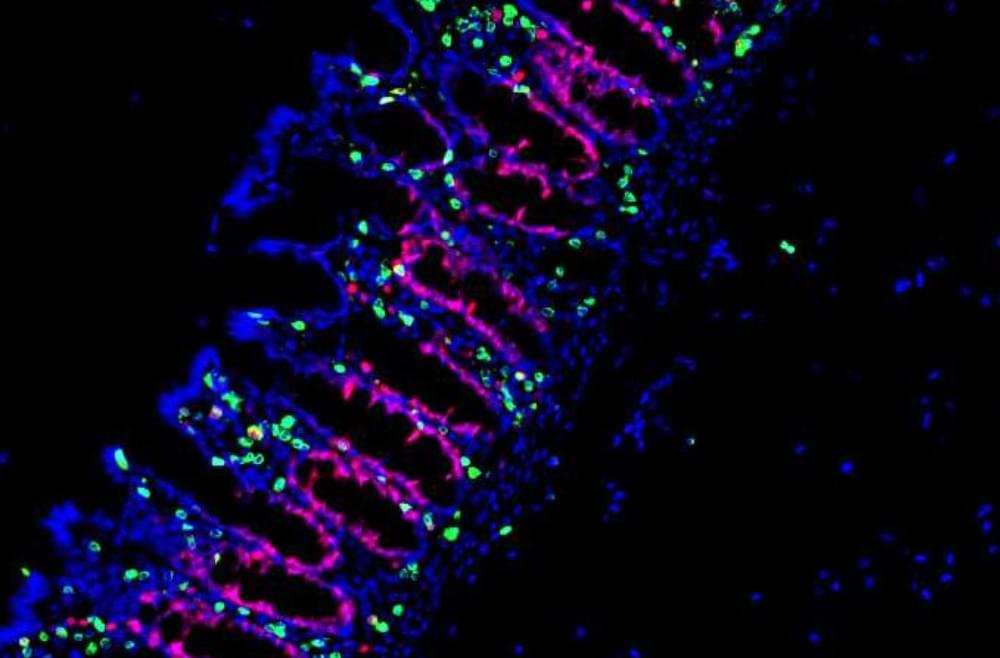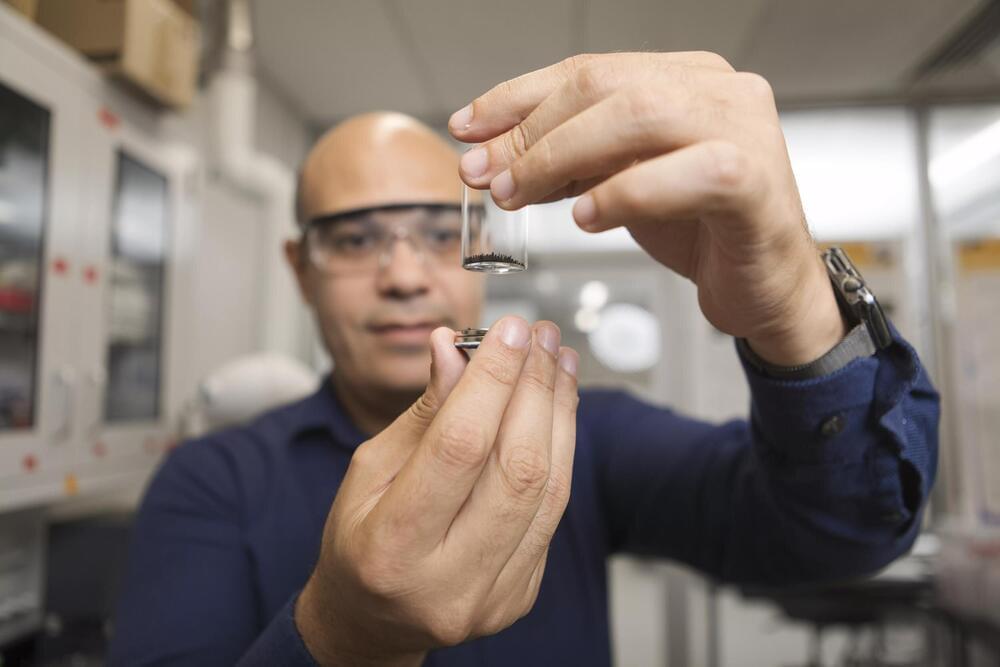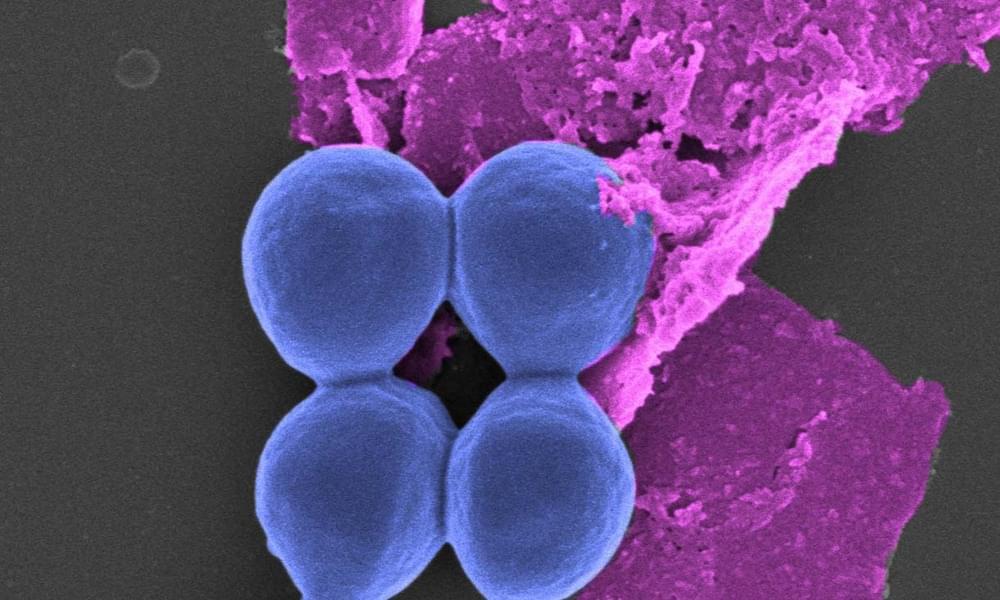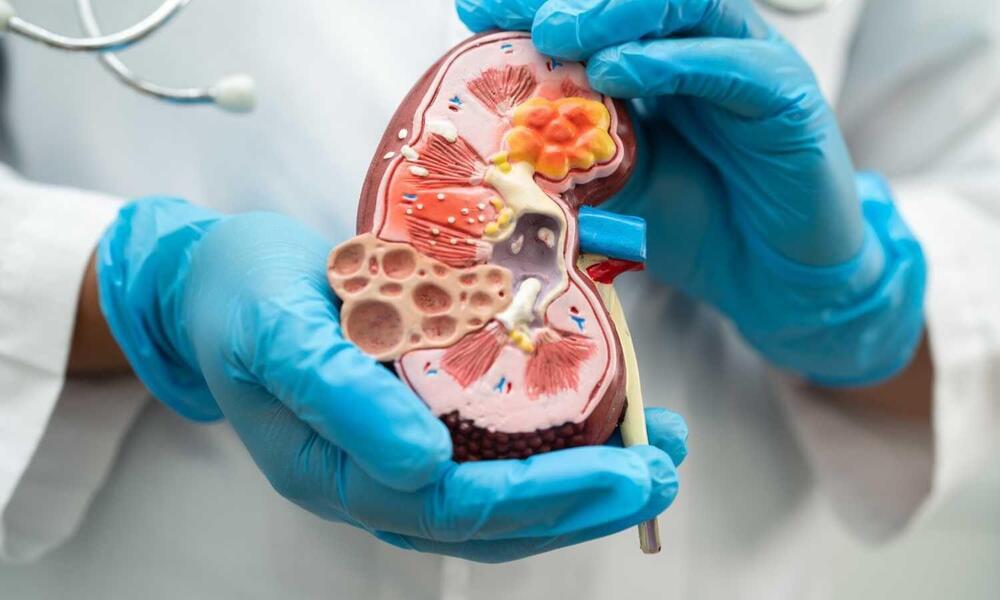Sep 17, 2023
Several Colombian government ministries hampered by ransomware attack
Posted by Saúl Morales Rodriguéz in categories: cybercrime/malcode, government, health
Multiple prominent government ministries in Colombia are responding to a ransomware attack that is forcing officials to make significant operational changes.
This week, the Ministry of Health and Social Protection, the country’s Judiciary Branch and the Superintendency of Industry and Commerce announced that a cyberattack on technology provider IFX Networks Colombia had caused a range of problems limiting the ability of both departments to function.
On Wednesday, the Ministry of Health and Social Protection said it began facing issues on Tuesday after IFX Networks told them of problems affecting their data center.

















